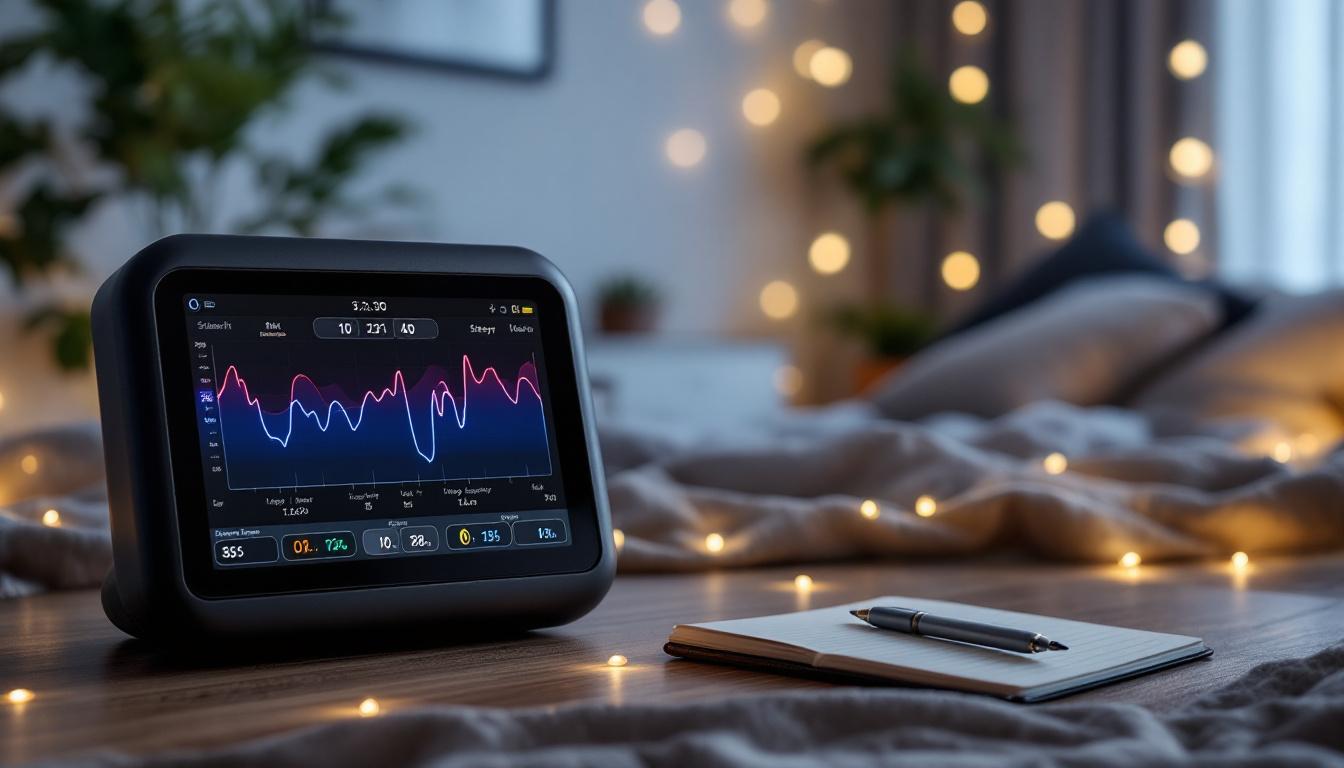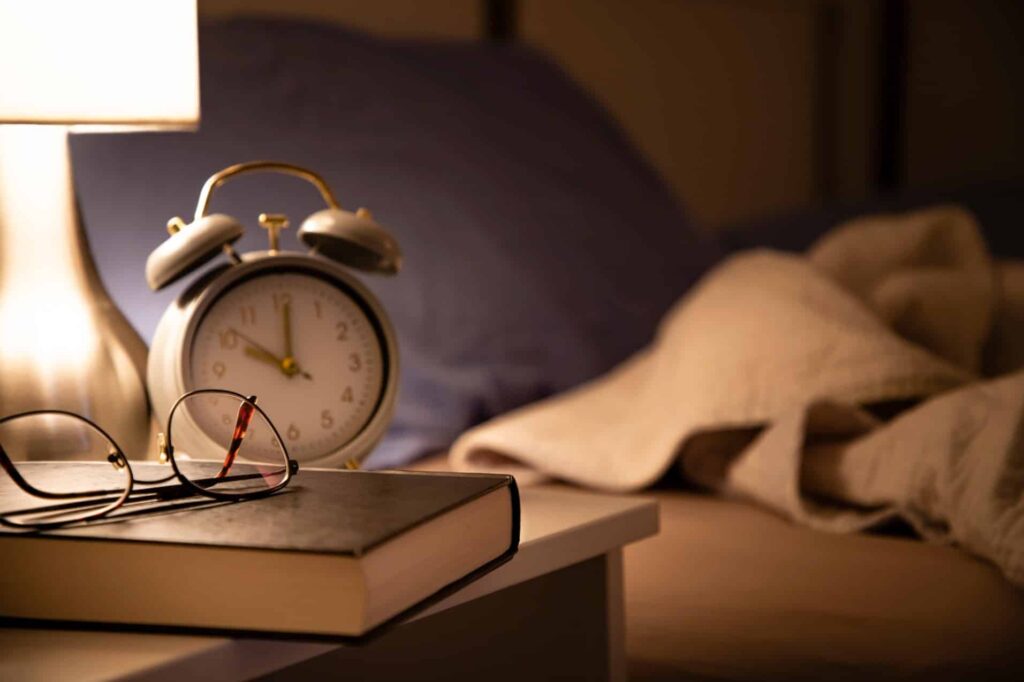In today’s fast-paced world, sleep disorders have become increasingly common, affecting millions of Australians. For residents of Launceston, Tasmania, understanding the local options for sleep testing is crucial for achieving quality sleep and overall health. This article explores the various types of sleep studies available in Launceston, the importance of sleep testing, and how to choose the right facility for your needs.
Understanding Sleep Disorders
Sleep disorders encompass a range of conditions that disrupt normal sleep patterns, leading to various health issues. Common disorders include insomnia, sleep apnoea, restless legs syndrome, and narcolepsy. Each of these conditions can significantly impact daily life, affecting mood, cognitive function, and overall well-being.
For residents of Launceston, understanding the local options for sleep study Launceston is vital for addressing sleep disorders and improving overall health. With various facilities offering in-lab polysomnography and home sleep apnoea testing, individuals have access to quality care tailored to their needs.

Insomnia, for instance, is characterised by difficulty falling or staying asleep, while sleep apnoea involves repeated interruptions in breathing during sleep. Understanding these disorders is the first step towards seeking appropriate treatment and improving sleep quality.
In Launceston, many residents may be unaware of the prevalence of these disorders and the potential solutions available. Recognising the symptoms and understanding the importance of sleep testing can lead to timely interventions and better health outcomes.
The Importance of Sleep Testing
Sleep testing is a critical component in diagnosing sleep disorders. It allows healthcare professionals to monitor various physiological parameters during sleep, providing valuable insights into an individual’s sleep patterns and behaviours. This data is essential for accurate diagnosis and effective treatment planning.
Quality sleep testing can help identify underlying issues such as obstructive sleep apnoea, which, if left untreated, can lead to serious health complications, including cardiovascular disease, diabetes, and impaired cognitive function. By undergoing a sleep study, individuals can take proactive steps towards improving their sleep health.
Moreover, sleep studies can also help in evaluating the effectiveness of existing treatments. For those already undergoing therapy for a sleep disorder, follow-up studies can determine if adjustments are needed to optimise their treatment plan. Learn more about effectiveness on https://learn.hms.harvard.edu/insights/all-insights/how-evaluate-teaching-effectiveness
Types of Sleep Studies Available in Launceston
Launceston offers a variety of sleep study options, catering to different needs and preferences. The two primary types of sleep studies are in-lab polysomnography and home sleep apnoea testing.
In-Lab Polysomnography
In-lab polysomnography is a comprehensive sleep study conducted in a specialised sleep centre. During this study, patients are monitored overnight while they sleep, with various sensors attached to record brain activity, eye movements, heart rate, and breathing patterns.
This type of study is particularly beneficial for diagnosing complex sleep disorders, as it provides a detailed analysis of sleep architecture and any disruptions that occur throughout the night. In Launceston, several medical facilities offer in-lab polysomnography, ensuring that residents have access to high-quality testing.
Patients can expect a comfortable environment during their stay, with trained technicians on hand to assist and ensure accurate data collection. The results of the study are typically analysed by a sleep specialist, who will provide a comprehensive report and recommend appropriate treatment options.

Home Sleep Apnoea Testing
Home sleep apnoea testing is a more convenient option for individuals who may not require the extensive monitoring provided by in-lab studies. This type of testing allows patients to sleep in their own beds while using portable monitoring devices to track their sleep patterns.
Home tests are particularly effective for diagnosing obstructive sleep apnoea, as they focus on key parameters such as airflow, oxygen saturation, and heart rate. Many residents of Launceston prefer this option due to its convenience and comfort, as it eliminates the need for an overnight stay in a clinic.
However, it is essential to note that home sleep tests may not be suitable for everyone. Individuals with complex sleep disorders or those who require more comprehensive monitoring should consult with a healthcare professional to determine the best testing method for their situation.
Choosing the Right Sleep Testing Facility in Launceston
When selecting a sleep testing facility, several factors should be considered to ensure the best possible care. These include the facility’s accreditation, the expertise of the staff, and the range of services offered.
Accreditation and Certification
It is crucial to choose a sleep centre that is accredited by recognised organisations, such as the Australian Sleep Association. Accreditation ensures that the facility meets specific standards for quality and safety in sleep medicine.
Additionally, certified sleep technologists and specialists should conduct the testing. Their expertise is vital for accurate diagnosis and effective treatment planning. Patients should inquire about the qualifications and experience of the staff when considering a facility.
Range of Services Offered
Different sleep centres may offer varying services, including diagnostic testing, treatment options, and follow-up care. It is advisable to choose a facility that provides a comprehensive approach to sleep health, including access to specialists who can offer ongoing support and management of sleep disorders. Click here to find more about disorders.
Furthermore, some facilities may also provide educational resources and workshops to help patients understand their conditions better and learn about effective treatment strategies. This holistic approach can significantly enhance the overall patient experience.
Preparing for a Sleep Study
Preparation for a sleep study is essential to ensure accurate results. Patients should follow specific guidelines provided by the sleep centre, which may include avoiding caffeine and alcohol in the days leading up to the test, as these substances can interfere with sleep quality.
Additionally, individuals should maintain their regular sleep schedule as much as possible to ensure that the study reflects their typical sleep patterns. It is also advisable to bring along any necessary items for comfort, such as a favourite pillow or blanket, to help create a familiar sleeping environment.
What to Expect During and After the Study
During the sleep study, patients will be monitored closely, with various sensors attached to their bodies to collect data. While this may seem daunting, most facilities strive to create a comfortable and relaxing atmosphere to help individuals sleep as naturally as possible.
After the study, the collected data will be analysed by a sleep specialist, who will provide a detailed report outlining the findings. Based on the results, treatment options may be discussed, which could include lifestyle changes, continuous positive airway pressure (CPAP) therapy, or further diagnostic testing if necessary.
Conclusion
By recognising the importance of sleep testing and choosing the right facility, individuals can take proactive steps towards achieving better sleep health. Whether through comprehensive in-lab studies or convenient home testing, the journey to restful nights and revitalised days begins with informed choices and expert guidance.

